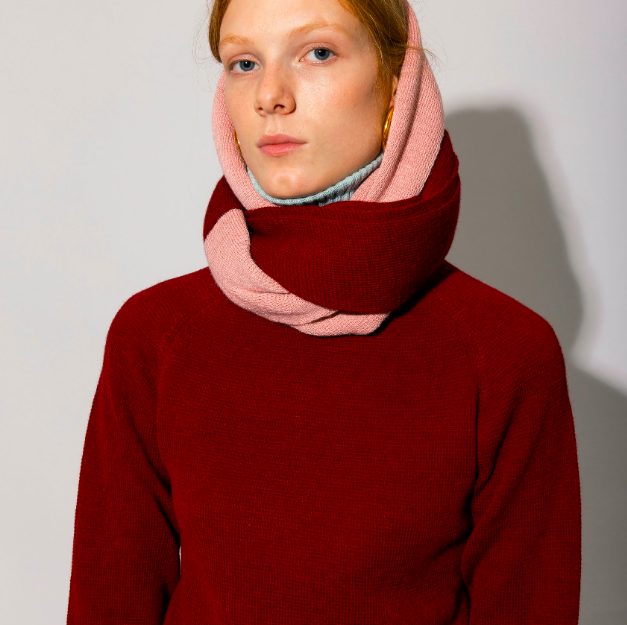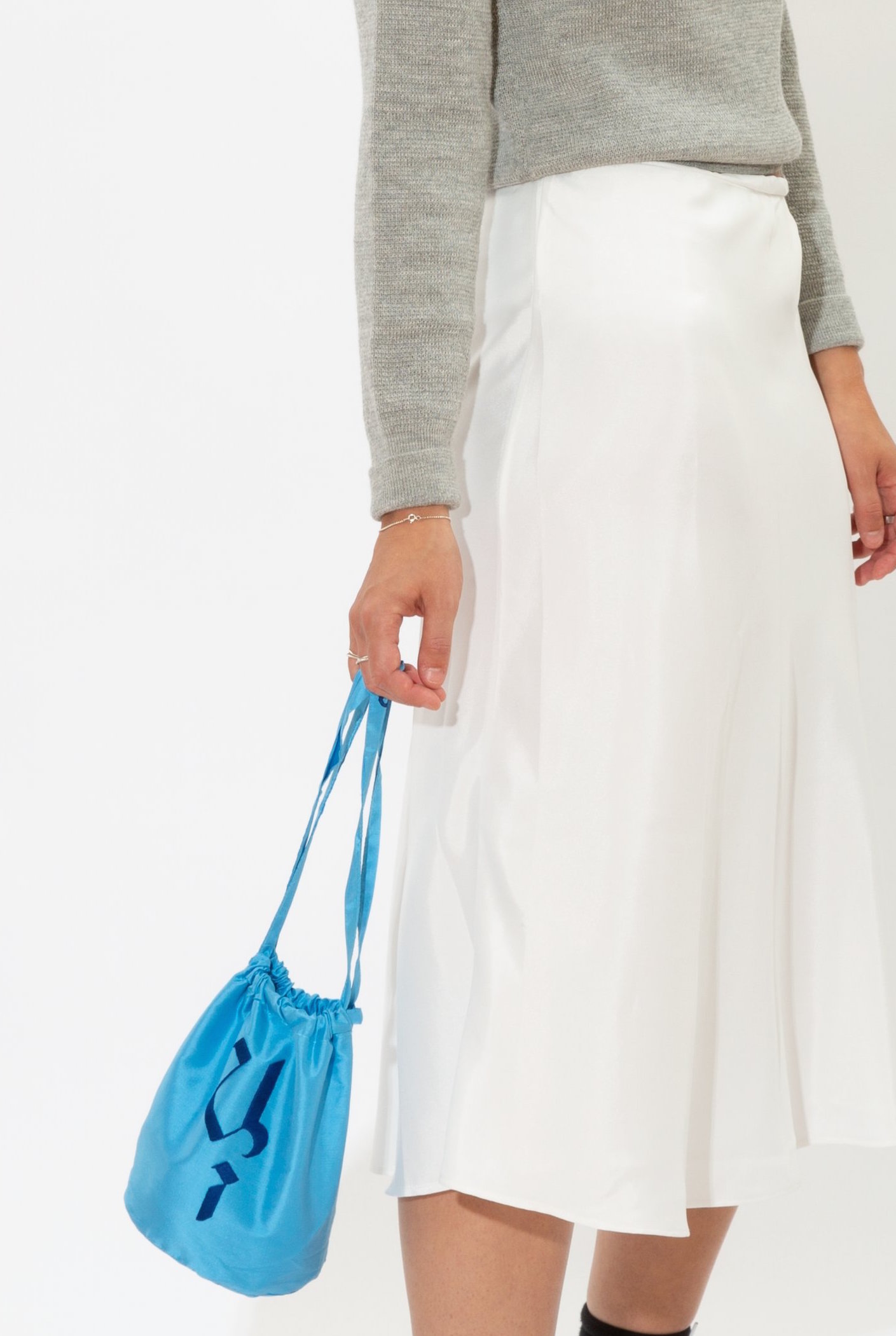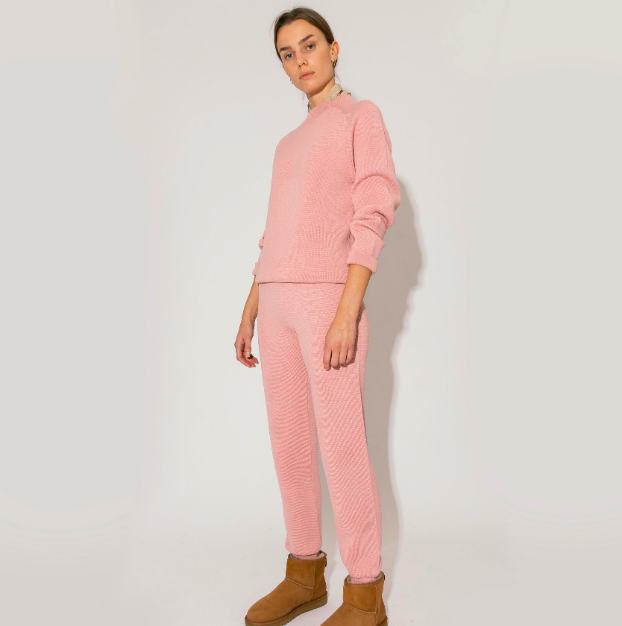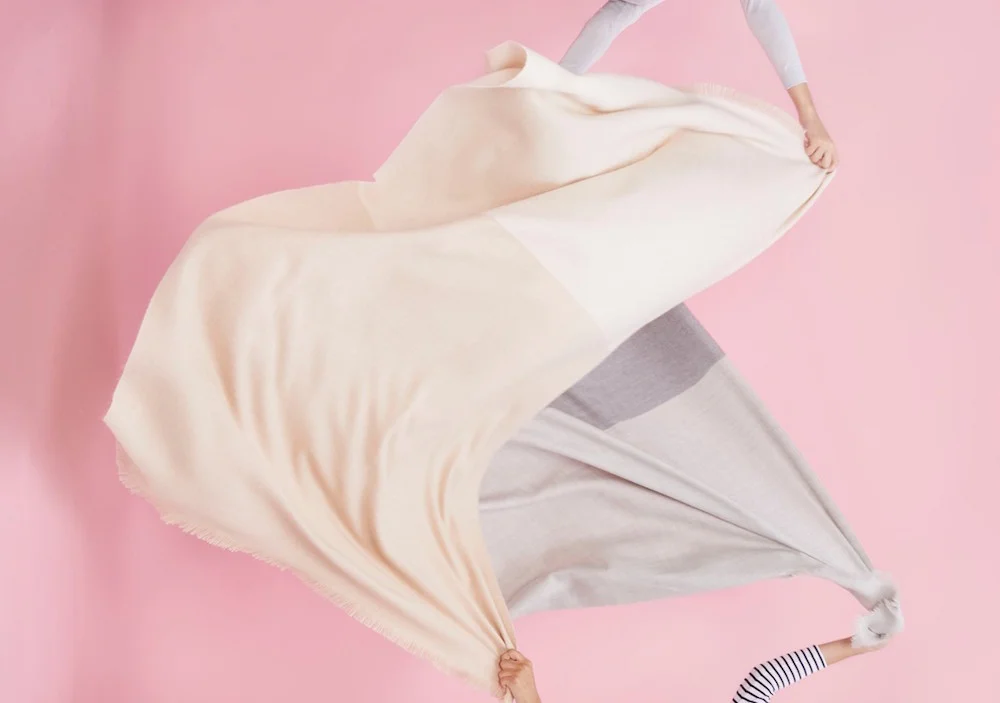Made in Prison, A Fashion Line That Empowers Women
The business of ethical fashion is fairly increasing, but rarely do we come across a brand who’s main goal and business model is to create a positive impact on the world through fair wages for women in prison. Carcel is a Danish brand, produced with 100% natural fabrics made by women in prison. By empowering incarcerated women through this work it helps them provide for their families and adapt to a crime-free future.
“We invest in women in prison, in the best materials in the world and in designing beautiful products that can create a new market. The more we sell, the more women we can employ, and the bigger change we can create”, says Veronica D’Souza, CEO and Founder.
Based off a simple enough theory that by investing in the future of people, is an investment into a better world. What Carcel is providing is a more suitable option to fashion’s consumerism and decreasing its carbon footprint. The future of slow fashion is becoming more and more possible as the value of native craftsmanship grows stronger.
With production workshops taking place inside the women’s prison in Cusco, Peru and inside the women’s correctional institution in Chiang Mai, Thailand, Carcel directly manages every step of the buying, hiring employees, the production process and employee salaries.
The ability to provide fair wages is the program’s main goal of empowering these women to become part of a sustainable work force and to contribute positively to their communities, both local and global. Through country-specific payment schemes, Carcel is able to ensure that each worker is guaranteed local living wage as recommended by the International Labour Organization. These women are selected based on motivation and skill sets. No sweat factory environment, Carcel complies with the prison’s requirements, thus shorter working days of 4-6 hours with scheduled and voluntary work breaks.
So far this business model is working, because it is season-less making the workload manageable and more importantly eliminating stock and product waste. Carcel’s ambition is forthright; to prove that it is possible to solve societal and environmental problems through building an honest, profitable business.











